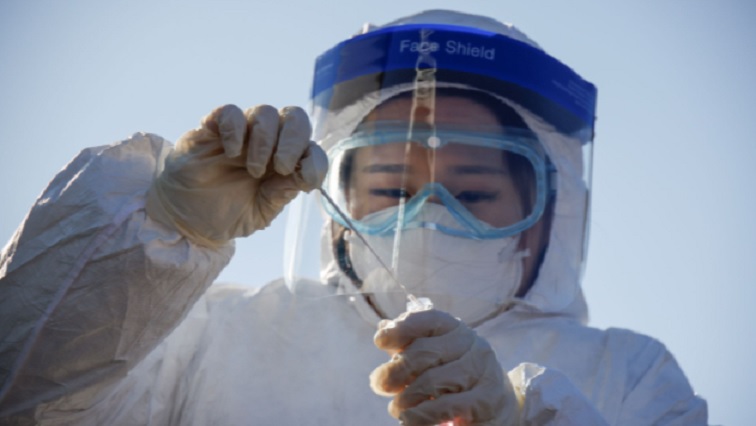The Japanese government has declared a state of emergency in the western district of Osaka and three other districts near Tokyo.
This as a record high of COVID-19 cases has raised fears that the country’s already strained medical system could collapse amid the Tokyo Olympics.
Japanese Prime Minister Yoshihide Suga’s government will add Chiba, Kanagawa, Saitama and Osaka regions to areas under the state of emergency, which already covers Tokyo and Okinawa, from next Monday through to the August 31.
The emergency period started last week, covering the ongoing Olympic Games.
It will also partly overlap with the Paralympics kicking off on August 24.
Eateries and bars offering liquor or providing karaoke services are required to shut down under the state of emergency, while the government pays out money for compliance.
Those not serving alcohol are asked to close at 8pm. But Olympics organisers have denied there is any link between the Summer Games and the recent sharp rise in cases.
On Friday, 27 new Games-related cases were reported, bringing the total Games-linked infections since the 1st of July to 220.
Crowds defy stay-away calls
Meanwhile, crowds of excited fans came out to watch the Olympic triathlon mixed relay race in Tokyo on Saturday, defying calls from the authorities for people to stay-away due to the pandemic.
Organisers have banned spectators from all of Tokyo 2020 ticketed venues due to COVID-19, but some events taking place on roads or in open areas, such as road cycling or triathlon, have attracted spectators keen to catch a glimpse of the athletes in action.
The mixed relay race was making its first appearance at an Olympics on Saturday.
The event was won by the British team, the US came second and the French team came third.
“I feel excited about it because it feels different than watching the games on tv, you know?,” said a spectator.
“Yeah, I was gonna go to the road cycling last weekend in Yamanashi. I read the please don’t come report and then, during the week I thought, I saw so many people there, I thought well, I’m just gonna have a go myself, just to say I’ve been there,” added another one.
Bid to improve conditions
Tokyo Olympics organisers on Saturday announced that they were trying to improve conditions for athletes quarantined at the Games, following mounting complaints about a lack of air, food and basic necessities while in isolation.
Athletes and staff who test positive or are contact-traced are isolated in separate accommodation from their teams to contain the spread of the virus as the Japanese capital struggles with a rise in infections.
“So, we are doing an awful lot on top of what is required and I would also again just point you to the fact that the World Health Organisation who have helped us every step of the way, advised us every step of the way, and praised what we’ve done and said we’re doing the best thing in terms of our testing and isolation and all the other measures. We hopefully by that will give the Japanese people a lot of confidence that these games will be safe and secure and, you know, just to repeat, the positivity level in the games population is 0.02 percent which by any measure, ” says IOC spokesperson, Mark Adams.
Meanwhile, athletics continued at the Olympic Stadium in Tokyo on Saturday.
The United States’ mixed 4×400 meter relay team were reinstated into Saturday’s final due to an official’s error after they were disqualified on Friday for exchanging the baton outside the changeover zone.
Nigerian sprinter and 2008 Olympics long jump silver medalist Blessing Okagbare, was provisionally suspended after testing positive for human growth hormone before the Tokyo Olympics, the Athletics Integrity Unit said in a statement.






